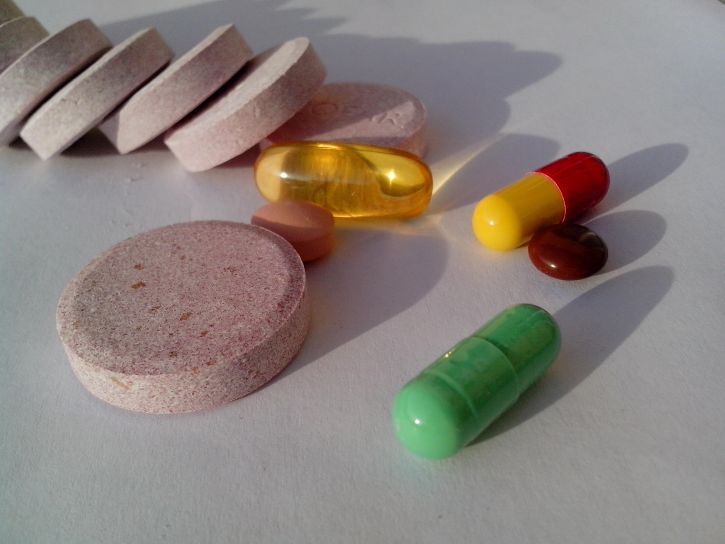Interest in probiotics and their effects on the human microbiome has increased significantly in the past decade, but while that is hardly a bad thing, it has caused some myths about probiotic supplements to spread.
These myths are often repeated with the best of intentions, but they tend to do more harm than good. You’ll no doubt come across these rumors as you search for the best probiotic for your own gut health, so here are six probiotic myths that should be busted once and for all.
Myth 1. Probiotic Supplements Work Instantly

It’s true that the bacteria in probiotic supplements start to colonize your gastrointestinal tract as soon as they enter your body, they won’t bring the instant relief that so many people seem to expect. Just like any change to your diet, it will take time before probiotics begin to have a noticeable effect on your health. Everyone’s gut flora is a little different, so don’t think that eating some yogurt or kefir will instantly cure your upset stomach or your constipation. They will most likely help, but it will take time.
Myth 2. All Fermented Foods are Probiotic

The popularity of probiotics has led to nearly all fermented foods to be marketed as probiotic. It is true that they rely on live cultures to begin the fermentation process, but not all of them will have the kind of helpful bacteria that they need to be accurately called “probiotic.” Many have even been pasteurized to give them a longer shelf life, a process that kills all bacteria, even the helpful ones. Products that haven’t been pasteurized may contain live bacteria, but not the kind that can improve your gut health. Pay close attention to the labels of your “probiotics” to make sure that you’re getting what you need.
Myth 3. Pregnant Women Should Avoid Probiotics

No, probiotic supplements will not harm your baby if you take them while pregnant. On the contrary, they can help ease the gastrointestinal problems associated with pregnancy and improve the “starter microbiome” in your baby’s body.
Myth 4. Multiple Probiotic Strains are Always Better than a Single Strain

On paper, the idea of taking multiple probiotic strains instead of just one makes sense. At least one of the multiple strains that might exist in a supplement has to work for you, right? And if you have multiple strains among your gut flora, they all must do different jobs to improve your health. Unfortunately, that isn’t necessarily true. It won’t hurt to take multiple probiotic strains, but one single-strain product is usually just as effective as a multiple-strain product.
Myth 5. Good Probiotic Supplements are Expensive

There are some very expensive probiotic supplements on the market, many of which are either marked up or contain so many bacteria strains that they become expensive to produce. Since you don’t need a multi-strain probiotic supplement (see the previous myth), you can find an effective single-strain supplement that is cheap to produce and cheap to purchase.
Myth 6. You Only Need Probiotics if You’re Constipated

First of all, probiotic supplements won’t instantly cure constipation. As we’ve already established, it takes time for a probiotic strain to have a noticeable effect on your gut flora. Second of all, probiotics do more than cure constipation. They can help you maintain a healthy weight, they can help stabilize your mood, and they can improve your immune system, among other things. No matter who you are or what you have that is ailing you, you can benefit from taking a good probiotic supplement.
